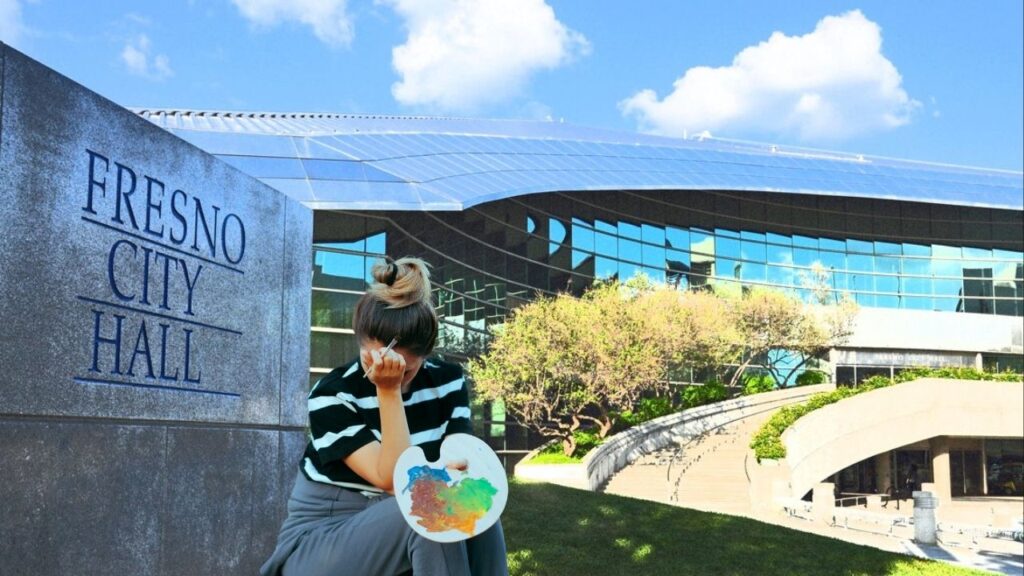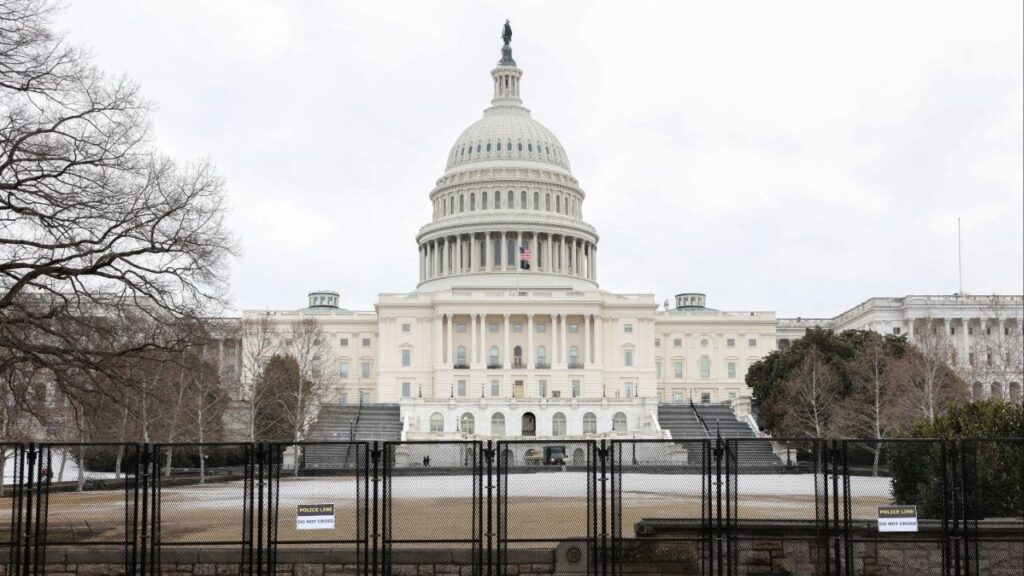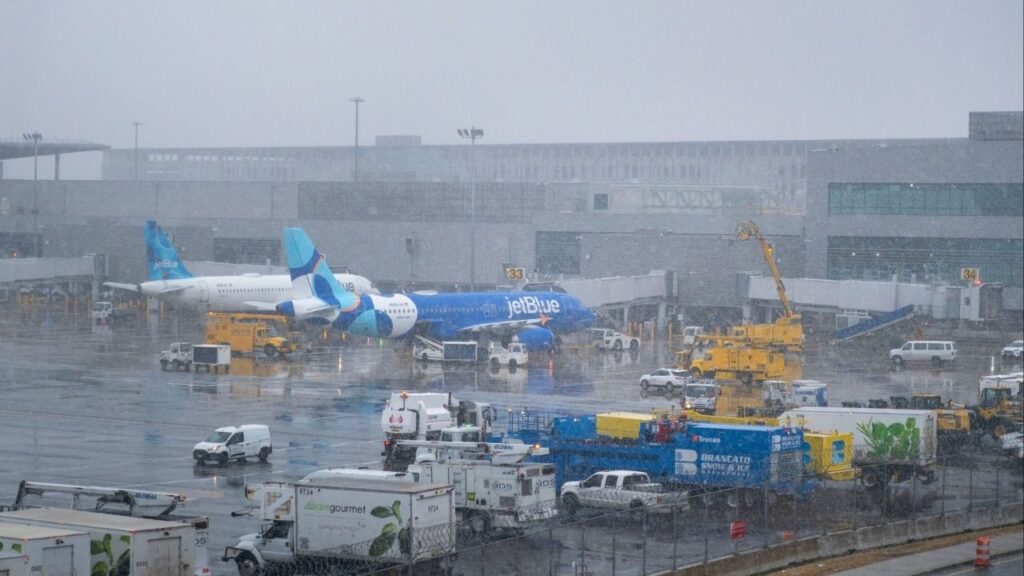Share
The first words on the Governor’s Office of Planning and Research (OPR) virtual town hall announcement tell the story.
“Taking full effect this summer, SB 743 will ensure that new development projects are built in a way that allows Californians to drive less.”
OPR and Caltrans will host the town hall from 1 p.m. to 2 p.m. on Wednesday when the Vehicle Miles Traveled calculation takes effect. The town hall will stream live on OPR’s YouTube channel.
VMT Law
Beginning Wednesday, new development projects will no longer be assessed a fee by how much traffic congestion is created. The goal, according to the law’s supporters, is to reduce greenhouse gas emissions.
Instead, a VMT calculation will be applied. For instance, if a person drives to multiple places a day — work, store, soccer practice, etc. — all of those miles are counted up. Then a fee is calculated for the development, with the funds going to subsidize items such as vanpools, mass transit passes, and bike lanes.
An official with the Building Industry Association of Fresno-Madera Counties has estimated that the VMT fees for a 20-unit project in Clovis would be $460,000 over 30 years — or $23,000 a unit. And, while the developer bears the costs upfront, it is passed on to homebuyers and renters.
Ashley Swearengin
GV Wire℠ reached out to former Mayor Ashley Swearengin several times for comments about VMT but never received a response. Swearengin spearheaded the city’s General Plan that pushed for infill development in Fresno.
Swearengin, now president and CEO of the Central Valley Community Foundation, is listed as a special guest speaker during the VMT live town hall.
Part of the agenda reads, “The goal is more communities where we can travel shorter distances during our daily routines, spending less time behind the wheel and more time doing the things we love. Join us for a conversation on how this change will make California more connected and healthier for all.”
The two other special guests are Chanell Fletcher, executive director of ClimatePlan, and Seleta Reynolds, director of the Los Angeles Department of Transportation.
Many Groups Seeking VMT Delay
A coalition of 30 business and industry associations have asked Gov. Gavin Newsom to delay VMT’s implementation for one or two years. Among the groups: the Southern California Leadership Council, LA County Economic Development Corp., California Business Roundtable, Los Angeles Chamber of Commerce, and California Building Industry Association. The group sent a letter to Newsom on June 25.
The Southern California Association of Governments — which represents six counties and more than 19 million people — spoke of housing shortage concerns and immediate negative impacts on minorities in its letter requesting a one-year delay of VMT.
A total of 20 Senators and Assemblymembers signed a letter sent to Newsom seeking the delay. Sen. Anna Caballero, a Salinas Democrat, is leading the effort to push back the law for two years.
VMT opponents say that the formula puts an unfair burden on rural areas, where workers often have to drive many more miles to their jobs than residents in big cities do.
Boards of Supervisors from Fresno, Kings, Tulare, Kern, Madera, and Merced all unanimously passed resolutions seeking a two-year delay.
The Building Industry Association of Southern California produced a YouTube video (below) and sent it to Newsom. A source tells GV Wire℠ the governor’s office received the video and called the California Building Industry Association. It’s not known what was discussed.
The SoCal BIA video says that VMT, in effect, will be a tax on new home buyers who commute in cars.
Governor’s Office of Planning & Research
GV Wire℠ has reached out to the governor’s press office multiple times for comment on VMT but has yet to receive a response.
However, on April 20, GV Wire℠ heard from Kate Gordon, director of the Governor’s Office of Planning and Research.
“There has been no change to the deadlines contained within CEQA (California Environmental Quality Act), including the SB 743 (VMT) implementation deadline,” wrote Gordon in an email. “Regarding the impact of COVID-10 and social distancing on this deadline: While many local governments are currently closed in order to practice social distancing, the shift to VMT does not require an action on the part of the jurisdiction to formally adopt VMT.”

“While many local governments are currently closed in order to practice social distancing, the shift to VMT does not require an action on the part of the jurisdiction to formally adopt VMT.” — Kate Gordon, director, the Governor’s Office of Planning and Research
Categories

Fresno Police Search for Suspect After Stabbing Reported


















